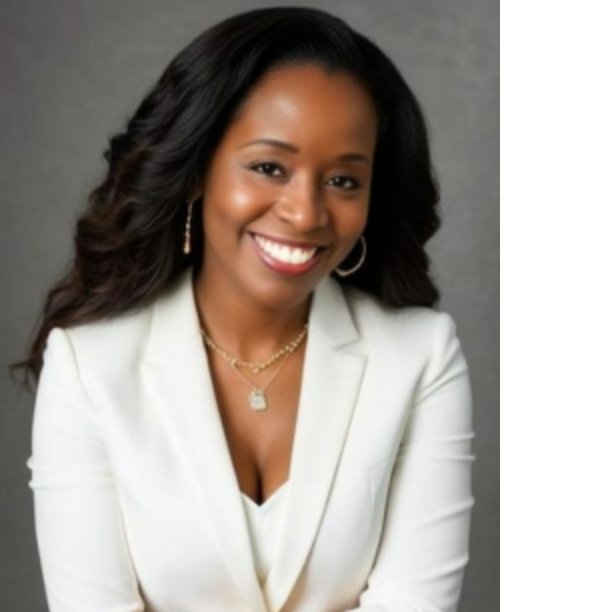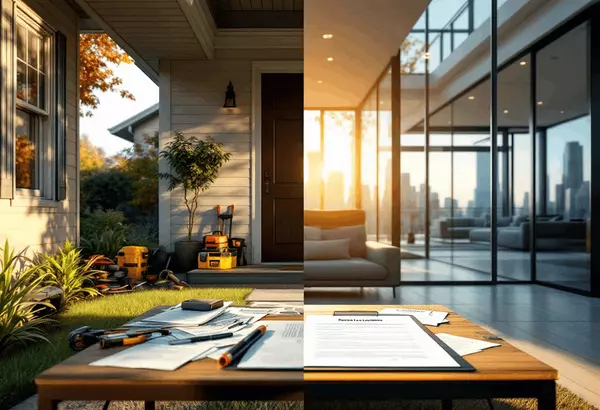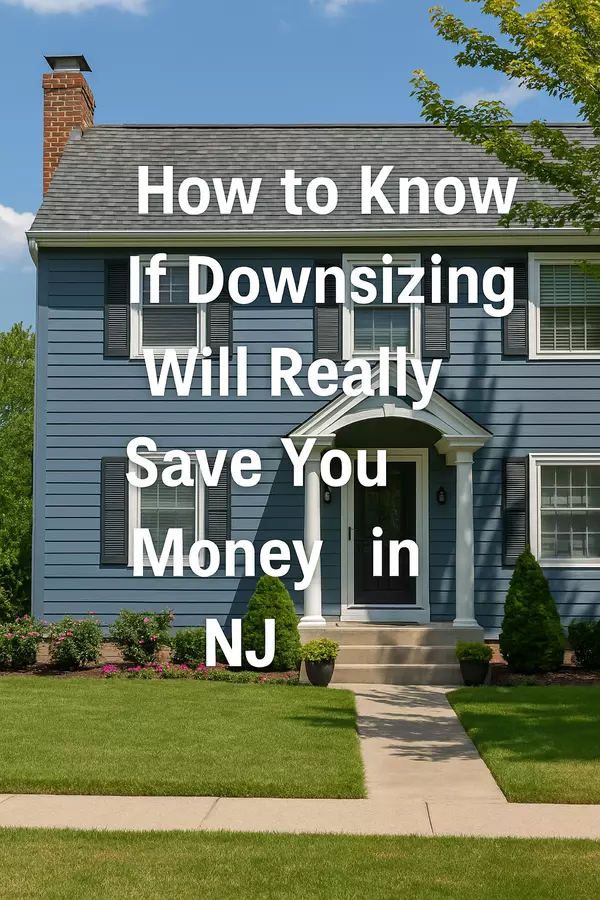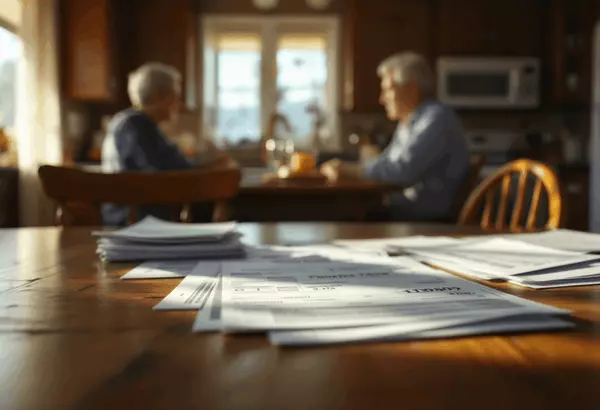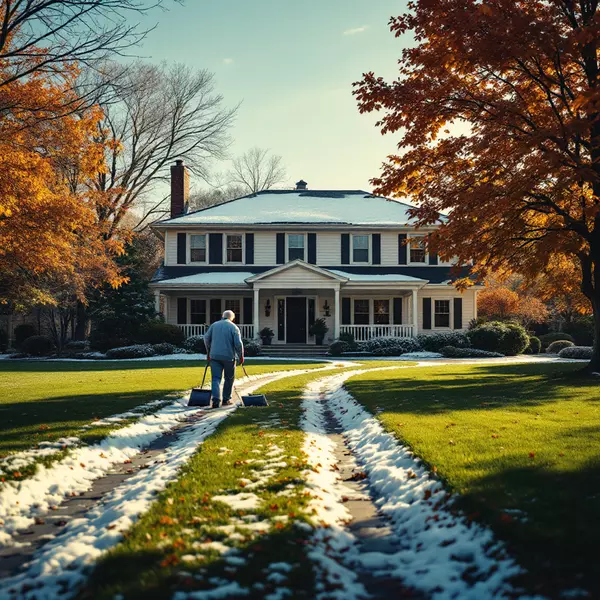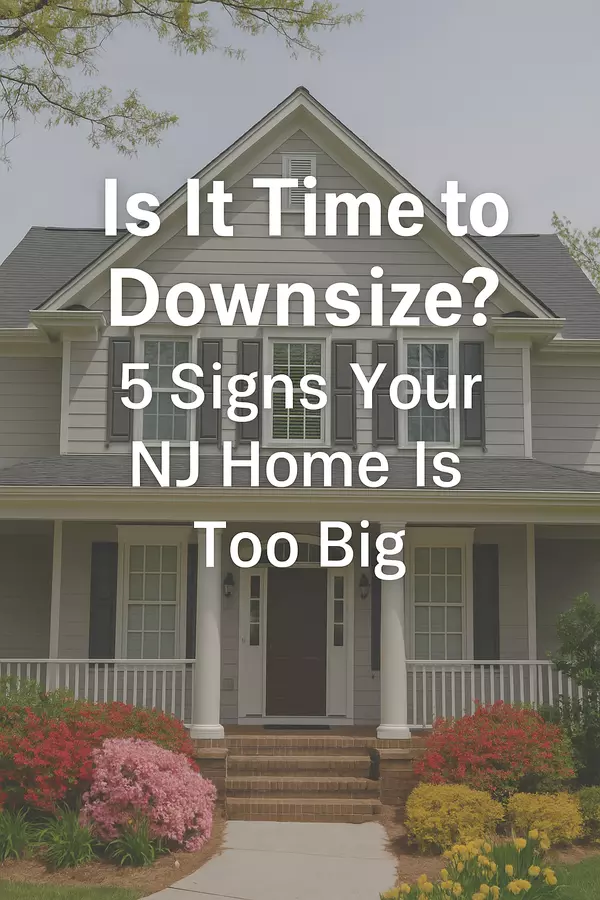Renting vs. Buying After Downsizing: Which Is Right for You?
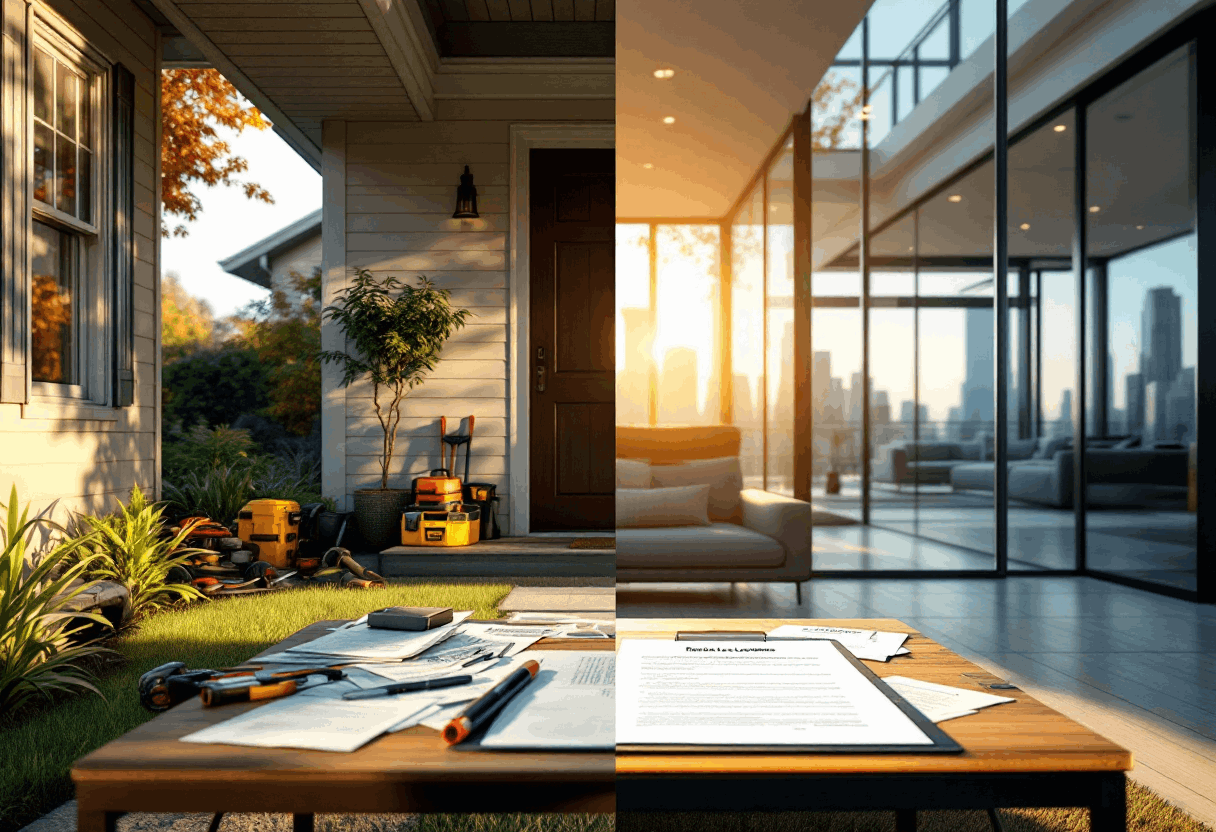 Renting vs. Buying After Downsizing: Which Is Right for You?
Renting vs. Buying After Downsizing: Which Is Right for You?
After living in the same home for 20, 30, or even 40 years, deciding to downsize is rarely simple. For many New Jersey homeowners, the decision is filled with questions, emotions, and “what ifs.” One of the biggest questions I hear is this:
Should I buy another home, or should I rent after downsizing?
It’s a big decision, and the answer isn’t the same for everyone. The right choice depends on your lifestyle goals, your finances, and what you want the next chapter of your life to look like. Let’s dig into the pros and cons of each option, plus some real-world numbers that show how the decision might play out for NJ homeowners.
Buying After Downsizing
For many, homeownership is tied to security, stability, and pride. Buying a smaller home after downsizing can feel like a natural continuation of what you’ve always known.
Advantages of Buying
- Build Equity Again
Even if you’ve sold a large family home, buying a smaller property still allows you to build wealth over time. Home values in many parts of New Jersey—especially Union, Essex, and Morris Counties—have historically appreciated. - Stable Housing Costs
With a fixed-rate mortgage or by buying outright with the equity from your previous home, your housing costs are much more predictable than renting. This stability is especially valuable on a fixed retirement income. - Personalization
Ownership gives you freedom. Want to paint the walls, renovate the kitchen, or finally design that cozy reading nook? It’s your home—you decide. - Tax Benefits
Depending on your income and situation, you may still qualify for deductions related to mortgage interest and property taxes.
⚖️ Considerations
- Property Taxes in NJ
New Jersey has the highest property taxes in the nation. The state average in 2023 was around $9,569, but in towns like Maplewood, Montclair, and Westfield, bills can run much higher. Downsizing will lower this, but property taxes never disappear entirely. - Maintenance Responsibilities
Even in a condo, you’ll still be responsible for interior repairs and monthly HOA fees. Snow removal, landscaping, and roof repairs may be handled by the association, but there are still costs and responsibilities. - Liquidity
If you buy, a large portion of your equity is tied back into your home. That can limit your flexibility if you later decide you want to move closer to family or relocate out of state.
Renting After Downsizing
Renting often appeals to downsizers who want freedom and flexibility. It may not provide equity growth, but it can reduce stress and responsibilities.
👍 Advantages of Renting
- Flexibility
Renting makes it easier to “test-drive” a new lifestyle or community. Want to see if you love a 55+ complex in Morris County or try life near the shore in Ocean County? Renting allows you to explore without being tied down. - No Maintenance Headaches
From leaky faucets to snow-covered driveways, the responsibility shifts to the landlord. For many retirees, that peace of mind is worth the trade-off. - Equity Freedom
Selling your longtime home and renting frees up your equity. That cash can be invested, used for travel, medical expenses, or even set aside for children and grandchildren.
⚖️ Considerations
- Rising Rents
Rents in New Jersey are high—and rising. A luxury rental in Montclair or Summit can easily cost $3,000 per month. Over time, those costs add up. - No Equity Growth
Unlike a mortgage, rent payments don’t build ownership. That money is gone each month. - Less Control
With renting comes rules: pet restrictions, lease renewals, or sudden increases in rent. You’re living in someone else’s property, not your own.
Real-World Cost Example
Let’s put some numbers to it. Suppose you sell a longtime Springfield home with a $15,000 property tax bill and $3,000 in annual maintenance costs.
- Option 1: Buy a $450,000 condo in a 55+ community
- Taxes: ~$8,500/year
- HOA: ~$500/month ($6,000/year)
- Maintenance: minimal
Total housing cost: ~$14,500/year (plus potential equity growth) - Option 2: Rent a luxury apartment nearby
- Rent: ~$2,800/month ($33,600/year)
- No taxes or maintenance
Total housing cost: ~$33,600/year (but with flexibility and zero repair stress)
👉 On paper, buying looks cheaper long-term, but renting may still make sense if your priority is freedom, flexibility, or avoiding the burden of ownership.
Which One Is Right for You?
Here’s how to know which path may be a better fit:
- Buying makes sense if:
- You plan to stay in one place for 7–10 years or longer.
- You want stable housing costs.
- Building equity and passing wealth to family is important.
- Renting makes sense if:
- You want to try a new area before committing.
- You value freedom and flexibility over ownership.
- You’d rather invest your equity elsewhere (stocks, retirement accounts, or travel).
A Hybrid Approach
Some downsizers find success in combining the two: renting first, then buying. Renting for a year or two lets you test a new lifestyle, explore different neighborhoods, and make sure the community is a good fit before you commit to buying again.
Final Thoughts
Downsizing is about more than just square footage—it’s about aligning your home with your lifestyle. Renting and buying each come with trade-offs, and the right choice depends on what you want your next season of life to look like.
If you’re struggling with the decision, you don’t have to figure it out alone. I specialize in guiding NJ homeowners through downsizing transitions, running the numbers, and helping you make the choice that truly fits your goals.
📅 Schedule a free consultation here: calendly.com/downsizingnjwithmonia/30min
📧 downsizingNJwithMonia@gmail.com | 📞 862-881-9191
Categories
Recent Posts
GET MORE INFORMATION
